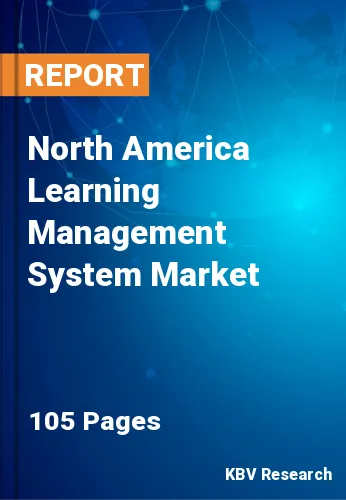Learning Management System (LMS), alternatively, derived from the PLATO method in the 1970s and over time evolved into a collection of alternatives for online coaching. Szabo & Flesher (2002) stated that an LMS could be the facilities which provides and deals with educational content, determines and evaluates individual and organizational learning or coaching objectives, monitors the improvement in the direction of achieving those objectives, and records and provides data for monitoring the educational process of an organization in its entirety. An LMS presents several advantages for e-learning. Being an integrated application which stores training course resources, interactions and evaluation in a structured fashion, an LMS makes it possible for students to concentrate on their particular comprehension process. Course instructors share content material very easily whilst dealing with and monitoring learner development and directing them for additional involvement with the training course materials. It is additionally considered that e-learning settings might have prospective additional learning advantages and will enhance students and educators self-regulation competencies, especially their metacognitive skills. Inspite of these positive aspects, in the growth of LMS technology, it continues to be significantly less apparent, however, precisely what the in depth advantages of an LMS could possibly be, how these positive aspects could be assessed, along with what a totally effective execution of an LMS would appear like.
Click Here For Free Insights
The report highlights the adoption of Learning Management System in major application areas. The application areas included in the report includes Content Management, Performance Management, Communication & Collaboration, Administration, Learner Management and others. The two modes of deployment discussed are cloud based and on-premise deployment type. The two type of delivery mode is Distance Learning and Instructor led training. The two types of user discussed are Academic and Corporate. Academic users are further sub divided across K12 & Higher Education. Corporate users covered in the report include Large Enterprises and Small & Medium sized Business Enterprises. The verticals discussed in the report include government & defence, BFSI sector, Retail, It & Telecom, Manufacturing, Healthcare, Consulting and others. Based on country, North America Learning Management System market is segmented into US, Canada, Mexico and Rest of North America. US remained the dominant region in the North America Learning Management System market in 2015. However, Mexico would witness highest CAGR during the forecast period (2016-2022).
The report covers the analysis of key stakeholders of the Learning Management System market. Key companies profiled in the report include IBM Corporation, SAP SE, Xerox Corporation, NetDimensions (Holdings) Limited, Blackboard, Inc., Cornerstone OnDemand, Inc., McGraw-Hill North America Education Intermediate Holdings, LLC and Pearson Plc..
Related Reports:
Global Learning Management System Market
Europe Learning Management System Market
Asia Pacific Learning Management System Market
LAMEA Learning Management System Market
Our team of dedicated experts can provide you with attractive expansion opportunities for your business.

